11 トラック | 3 シンポジウム | 2026年5月19日 - 21日
Digital Foundations & Data Ecosystems
デジタル基盤・データエコシステム
AI-Driven Discovery, Design & Development
AIドリブンの発見・設計・開発
Integrated Analytics, Bioinformatics & Knowledge Intelligence
統合アナリティクス、バイオインフォマティクス・ナレッジインテリジェンス
Intelligent Lab Systems, Robotics & Translational Infrastructure
インテリジェントラボシステム、ロボット工学・トランスレーショナルインフラ
Bio-IT Conference & Expoへようこそ
精密医療を前進させる、四半世紀のイノベーションとコラボレーションを祝う
Bio-IT World Conference & Expoは、問題を解決し、科学を加速し、精密医療の未来を推進するテクノロジーと分析アプローチを紹介する、世界有数のイベントです。今年で25年目を迎えるこのイベントは、バイオファーマ、臨床研究、ヘルスケア、インフォマティクス、テクノロジーの分野から、2,900名を超えるリーダーを招集し、アイデアの交換、解決策の紹介、バイオメディカル研究・創薬・患者アウトカムの限界を押し上げるコラボレーションの促進を目指しています。プレナリー基調講演、シンポジウム、テクニカルワークショップ、体験型のデモンストレーションなど、200以上のセッションを含むBio-IT Worldでは、R&Dや臨床ケアを再定義するツール・プラットフォーム・戦略を探る、比類ない機会が提供されます。AI・生成AI・機械学習から、マルチモーダル・現実世界のデータ戦略、FAIR/オープンソースのプラクティス、パイロットプログラム、新製品の発表、バイオテクノロジー投資の動向まで、イノベーションを測定可能な価値へと変換する斬新な対話に取り組みます。
Bio-IT World は単なる会議ではありません。発見を促進し、科学を加速し、次世代の精密医療を定義する対話を形成するコミュニティです。






2025年 Bio-IT World プレナリー基調講演

Abbie Celniker, PhD
Partner, Third Rock Ventures LLC

James J. Collins, PhD
Termeer Professor, Medical Engineering & Science, Massachusetts Institute of Technology

Tris Dyson
Founder, Challenge Works

Tala Fakhouri, PhD, MPH
Associate Director for Data Science and AI Policy, FDA

Robert C. Green, MD, MPH
Professor and Director of Genomes2People Research, Mass General Brigham, Broad Institute, Ariadne Labs and Harvard Medical School

Per Greisen, PhD
President, BioMap

Sofia Guerra
Vice President, Bessemer Venture Partners

Subha Madhavan, PhD
Vice President and Head, AI/ML, Quantitative and Digital Sciences, Pfizer Inc.

Sonya Makhni, MD
Medical Director, Mayo Clinic Platform

Jeff D. Rothstein, MD, PhD
Professor, Neurology and Neuroscience; Director, Brain Science Institute, Johns Hopkins University

Justin M. Scheer, PhD
Vice President In Silico Discovery & Head, Molecular Computational Team, Johnson & Johnson Innovative Medicine

Alex Zhavoronkov, PhD
Founder & CEO, Insilico Medicine
Bio-IT World Expo 2024のシーン - インサイトとコラボレーション